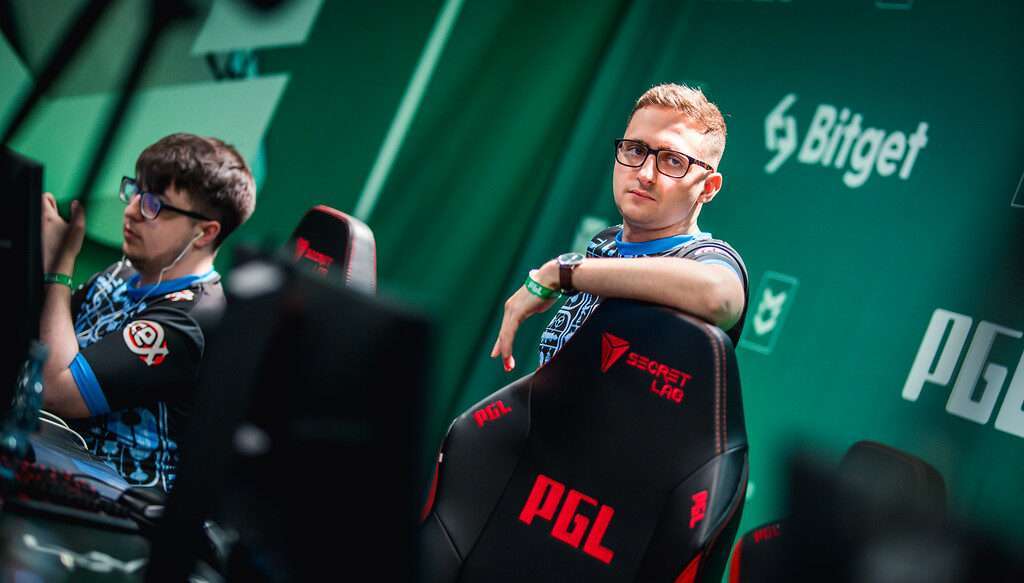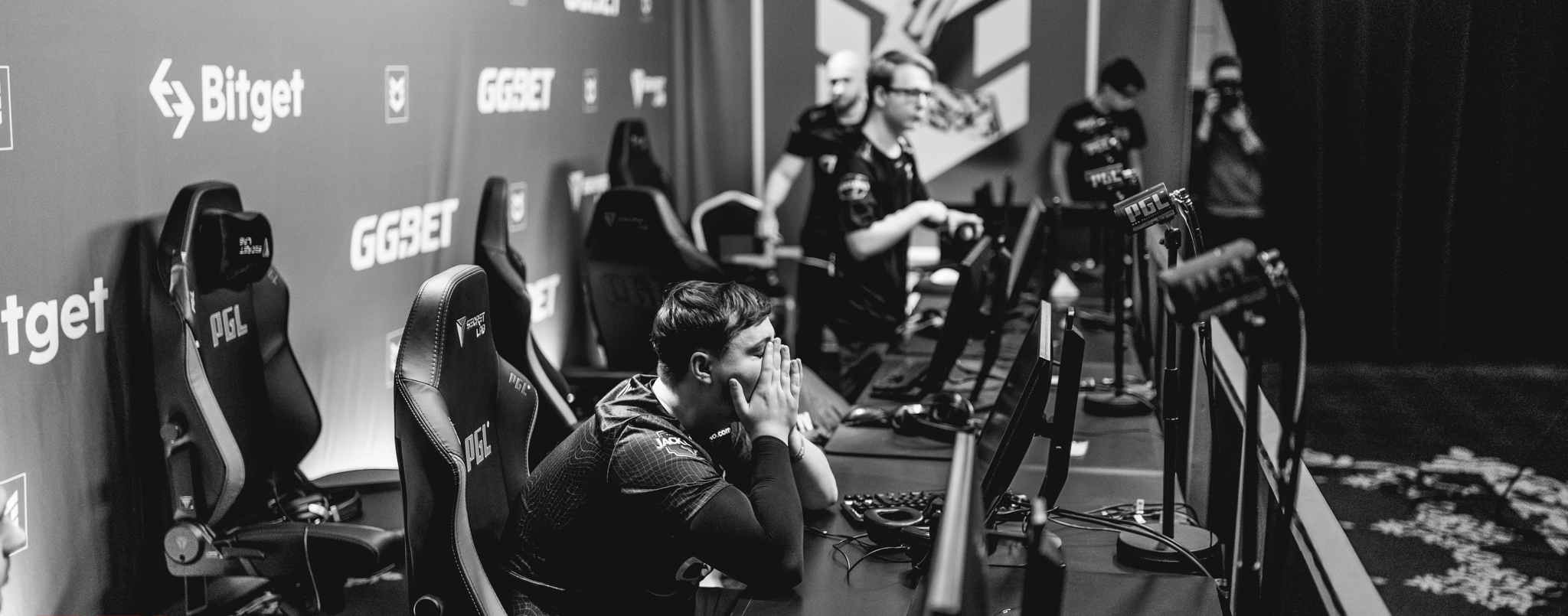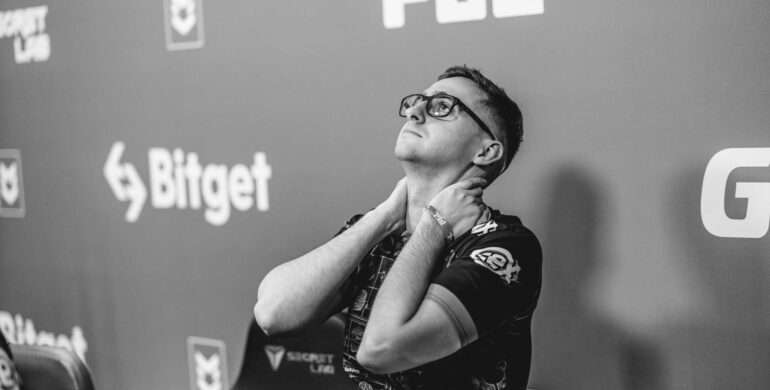In competitive environments, be it sports, e-sports, or high-stakes games, the term “tilt” is often used to describe a situation where players lose their focus, composure, or emotional control during crucial moments. The psychology behind tilt is complex, rooted in emotional and cognitive factors that can affect anyone, even seasoned professionals. Despite their immense skill, athletes and gamers are not immune to the pressures of the game, and when that pressure becomes overwhelming, it can lead to disastrous decisions and performances.
Understanding why even the best break under pressure is essential, not only for players themselves but also for coaches, fans, and anyone involved in high-stress activities. Let’s get into the psychological triggers of tilt, its consequences, and how professionals can manage it to maintain peak performance.
1. The Role of Stress and Anxiety in Tilt
Stress is an inevitable part of any competitive situation, but it becomes dangerous when it tips over into anxiety. Anxiety can cloud judgment, heighten emotional responses, and prevent players from thinking clearly. For a professional, the stakes are always high, and the pressure to perform can trigger anxiety.
When anxiety levels rise, players often experience a physiological response—elevated heart rate, shallow breathing, and sweaty palms—making it difficult to maintain concentration. This leads to poor decision-making, miscalculations, and emotional outbursts. In extreme cases, tilt can cause a complete breakdown in performance, as the player becomes consumed by the fear of failure.
To combat this, many professional athletes and gamers rely on mindfulness and relaxation techniques to keep anxiety in check. Learning how to focus on the present moment and control breathing can help reduce the intensity of anxiety, thus preventing tilt.
2. The Cognitive Bias of Overconfidence
Overconfidence is another psychological pitfall that can cause a player to “tilt.” After a successful streak or a few impressive plays, a player might begin to feel invincible, which leads to a sense of superiority. This overconfidence can skew decision-making and lead to risky behaviors or a lack of focus.

The problem with overconfidence is that it blinds players to the risks and nuances of the game. As they become more reckless or dismissive of their opponents’ abilities, they are more likely to make critical errors. Once the player begins to experience setbacks due to these poor decisions, frustration sets in, causing a further downward spiral that feeds into tilt.
To avoid this, pros must maintain self-awareness and humility, even after a string of victories. An essential part of staying grounded is consistently reflecting on past performances, acknowledging mistakes, and learning from them rather than attributing success solely to skill.
3. Emotional Triggers: The Impact of Anger and Frustration
One of the most common reasons for tilt is emotional triggers like anger or frustration. Whether it’s due to a bad call, an unfair play, or simply a streak of bad luck, these emotions can quickly spiral out of control. When a professional athlete or gamer allows anger to take over, it can severely impact their ability to stay focused and make sound decisions.
Frustration clouds judgment, leading to rash decisions and impulsive moves. For instance, in a sport like football or basketball, a player might lash out at an opponent or make an uncharacteristic mistake due to an inability to manage anger. In e-sports, players may start to misclick or engage in toxic behavior that further undermines their concentration.
Managing emotions in these high-pressure moments is crucial. Professionals often use techniques such as mental conditioning, anger management strategies, and emotional regulation exercises to stay calm and composed when emotions run high.

4. The Pressure of Expectations: Fear of Disappointment
Perhaps the most insidious cause of tilt is the overwhelming pressure of expectations. Fans, coaches, sponsors, and even the players themselves can place immense pressure on a professional athlete or gamer to succeed. This expectation can quickly turn into a fear of disappointing others, leading to increased stress and, ultimately, tilt.
When professionals feel that they are not meeting expectations, they might become overly critical of themselves. This self-doubt can trigger negative thoughts and behaviors, causing them to lose confidence. Worse, the more they try to “fix” their mistakes, the more they may force themselves into a pattern of self-destructive actions, making the situation worse.
To mitigate this, many professionals work with sports psychologists to reframe their mindset and focus on their own goals rather than external expectations. By shifting focus to personal growth and effort, players can better cope with pressure and avoid the spiral of fear and frustration.




